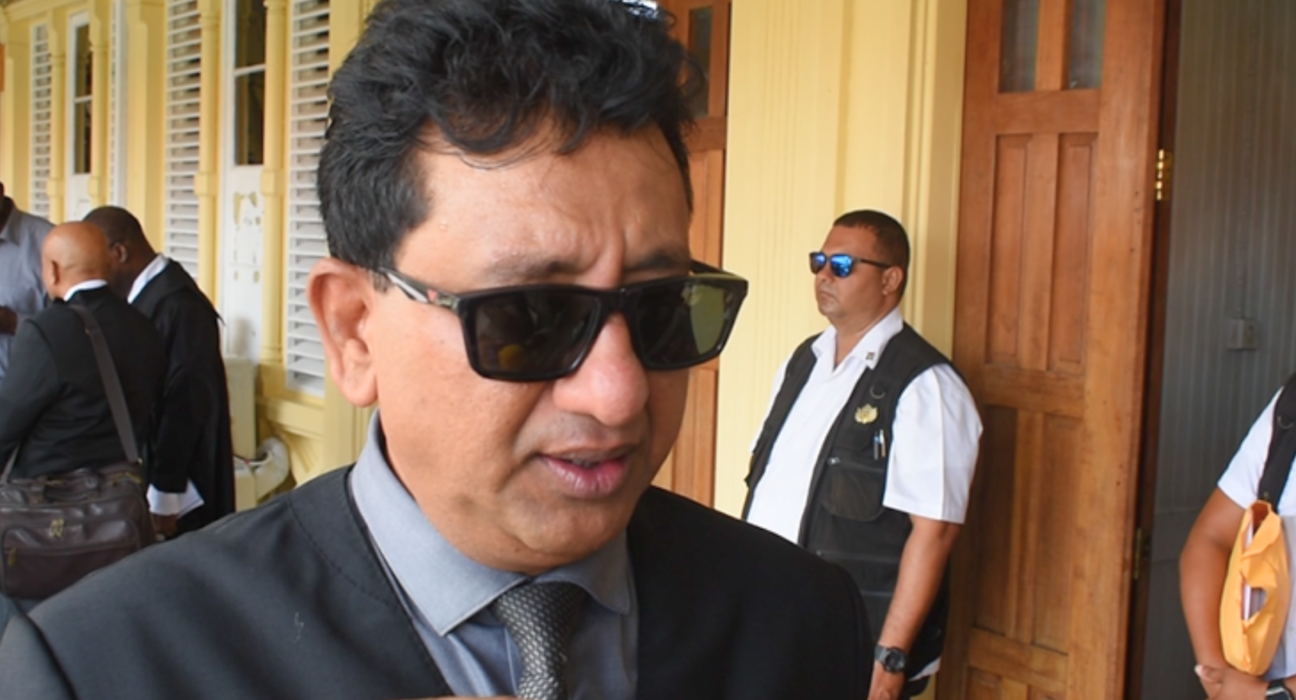By Nakasia Logan
The case between the Guyana Teachers Union (GTU) and the Ministry of Education (MOE) reached its final stages as both parties presented their oral arguments before Justice Sandil Kissoon.
Attorney General Anil Nandlall, representing the government, highlighted the alleged deficiencies in the GTU’s pleadings, arguing that they lacked certain essential elements.
He contended that there is no clear relief sought for striking workers or mention of collective bargaining in the pleadings.
Additionally, Nandlall asserted that there is no constitutional right to strike in Guyana, only a freedom to strike, and expecting payment for work not done violates the concept of wages defined in the Labour Act.
In response to questions about union dues, the AG argued that it falls under executive policy and cannot be reviewed by the court, emphasizing the voluntary nature of the government’s decision to extend this facility to the union.
On the other side, Attorneys Roysdale Ford and Darren Wade, representing the GTU, expressed the significance of the case regardless of the outcome.
Ford emphasized that a ruling in their favor would mark a fundamental change in the industrial relations paradigm in the country.
The case stemmed from the ministry’s decision not to pay teachers on strike, prompting the GTU to challenge this decision in court.
Talks between the union and the ministry were ongoing when the strike action commenced.
Justice Kissoon is set to deliver his judgment on April 19, following cross-examinations and submissions made during mediation.

